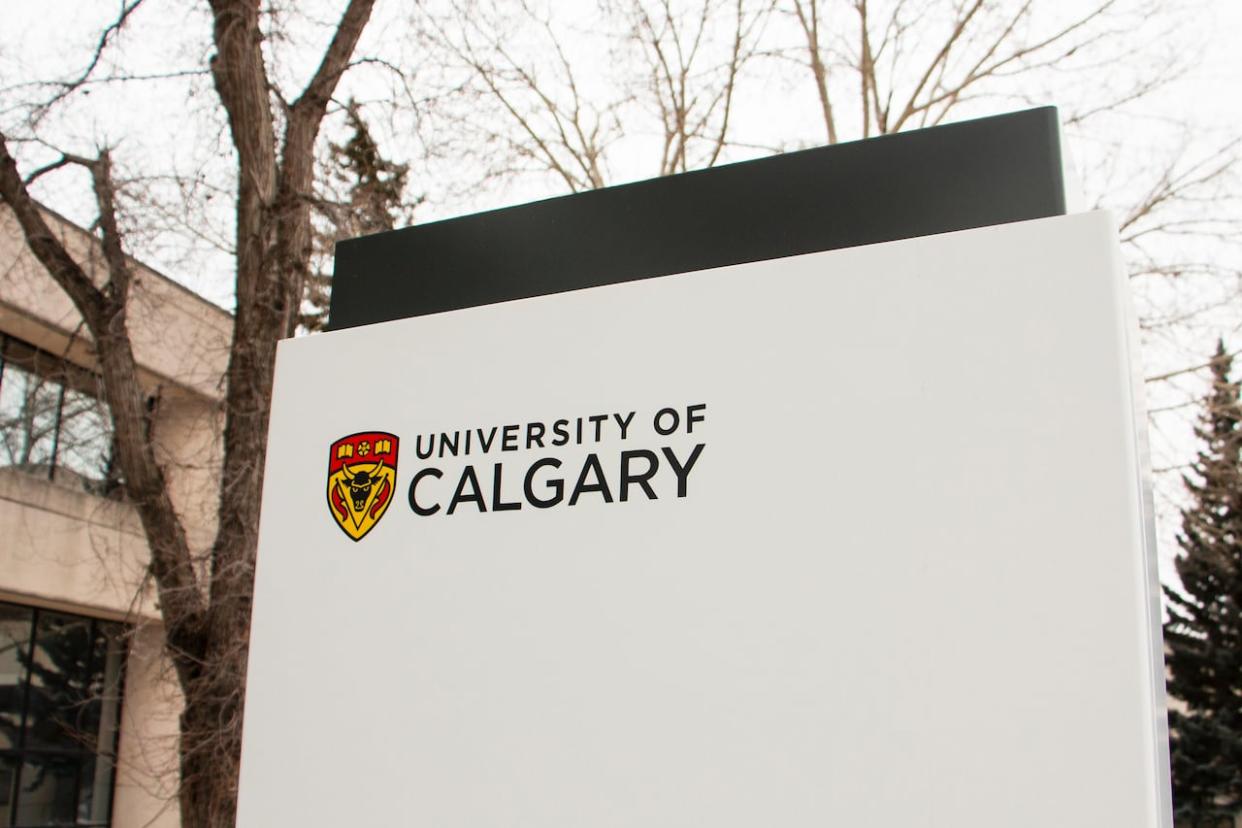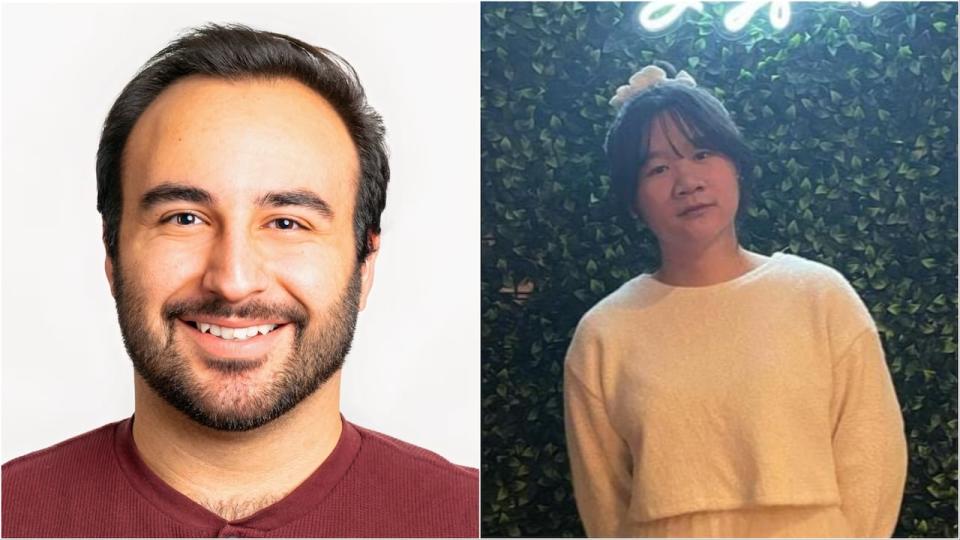'Not enough to address housing crisis': Calgary international students, lawyer react to permit cap

As the provincial government works with the federal government to figure out how a two-year cap on international undergraduate student permits will play out in Alberta, the policy change is garnering mixed reactions in Calgary.
For Calgary immigration lawyer Jatin Shory, Monday's announcement didn't come as a surprise.
Especially after Ottawa already introduced a series of new requirements for potential international students, amid a larger conversation about the role the students play in Canada's housing system and economy.
Federal immigration minister Marc Miller said the policy change aims to alleviate further pressure on the housing market, while targeting some private colleges that are taking advantage of international students.
But Shory worries the policy will paint an inaccurate picture of Canada, while making the country less competitive on the international playing field.
"It's only going to make Canada look like an anti-immigrant nation, when it's very much quite the opposite," said Shory, who's also a partner at Shory Law LLP.
Shory said he's concerned that the policy is discriminatory against some married and common-law couples. As part of the change, the federal government is only allowing open work permits for the spouses of international students in master's and doctoral programs.
"We don't understand why most people who are now attending undergraduate programs and diploma programs — why those families are not going to be allowed to bring their families if they need that kind of support as they navigate through their education journey," said Shory.
"International students pay very exorbitant fees in this country. It's not easy to be an international student in Canada. But unfortunately that's the direction that the government is taking."

Jatin Shory is a refugee and immigration lawyer with Shory Law in Calgary, Alta. (Submitted by Jatin Shory)
So far, it's unclear exactly what the new policy means for Alberta.
The plan is for the federal government to approve approximately 360,000 undergraduate study permits for 2024. Each province and territory will be allotted a portion of the total, distributed according to population. But the details have yet to be announced.
"I look forward to meeting with Minister Miller to discuss the impacts on Alberta and how we can implement changes while ensuring the needs of our economy, communities, students, and post-secondary institutions are met," said Alberta's advanced education minister Rajan Sawhney in a statement to CBC News.
"We want to ensure that international students who choose to study in Alberta have a high-quality educational experience."
International students react
Tien Dinh, a first-year international student from Vietnam, watched her friends struggle with the rental market while she was accepted into on-campus housing at the University of Calgary.
She said it took a very long time for them to find affordable places — and even then, she wouldn't call them affordable herself.
"I think it's a pretty good move for now," said Dinh about the temporary cap on permits.
"They can balance out the number of international students and then maybe after that, I think it's good to open again if it's OK."

Mateusz Salmassi (left) and Tien Dinh are international students at the University of Calgary. (Submitted by Mateusz Salmassi/Submitted by Tien Dinh)
But for Mateusz Salmassi, yesterday's announcement missed an important opportunity to provide current international students with the support they need.
He's the vice-president external of the University of Calgary's students' union, and an international student himself.
Salmassi said he doubts the cap will make a major difference in Calgary's rental market.
"It's like throwing a bucket of water on a burning house. It's just not enough to address the housing crisis here," said Salmassi.
What would make a bigger difference, said Salmassi, is if the federal government invested more money in building student-oriented housing units across the country, both on and off campus.
He said one of the consequences of the two-year cap is that it could do damage to the budgets of Alberta's public post-secondary institutions — and it could be a chance for the province to step in.
"This is an opportunity for the Alberta government to stand up for Alberta's education system and restore that public funding so that there's no incentive for international students to [be] cash cows as we have been over the last many years."

